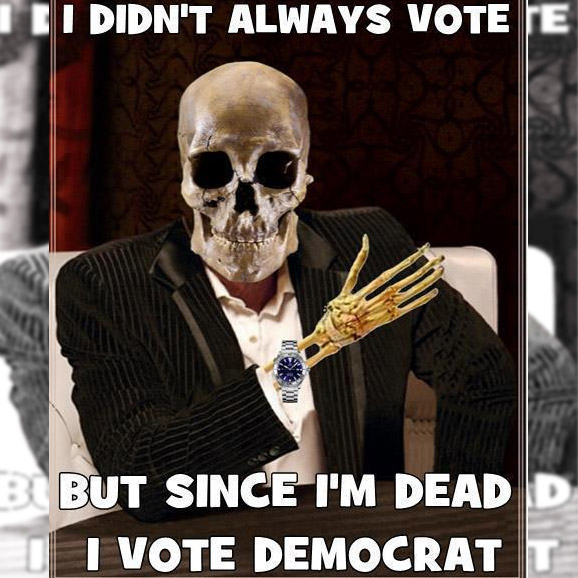USFREEDOM911
MAKE AMERICA GREAT AGAIN
When South Carolinians cast ballots in the presidential primaries this month, they will confront a new voter ID law that is in place for the first time during a presidential election year. Some voters don’t understand it, and others don’t know it exists. “This is new? When did this happen? This year?” asked Richard Crawford, a senior at South Carolina State University, a historically black school.
Republican Gov. Nikki Haley signed the state’s voter ID law in 2011, and after a legal battle with the feds, it became effective in January 2013. But as Republicans get ready to vote on Saturday, and Democrats a week after, progressives worry that Haley’s administration has not adequately educated South Carolinians about the requirements.
“People are confused ... but there’s a way around that, and it’s just as simple as educating voters on what the new law is,” said Jason Perkey, executive director of the South Carolina Democratic Party. “The governor’s done nothing,” he added. In fact, the governor has been criticized for exaggerating the law’s strictness. In 2011, Haley suggested that ID is necessary to vote, the same way it is on an airplane. During this month’s primaries, a state election commission poster, which a spokesman confirmed is distributed to all polling places, says in large letters: “Photo ID requirements now in effect.” But ID isn’t mandatory if you don’t have one, and the poster only says that in small print. (Another poster designed to be posted outside polling places has bigger font.)
“To just focus on that single poster and ignore everything election officials have done to educate voters about Photo ID just isn’t fair,” said Chris Whitmire, director of public information and training for the South Carolina State Election Commission. “We were very careful on our materials not to say ‘Photo ID Required’ or ‘You must have Photo ID to Vote,’” he added.
If a person is unable to obtain one of five forms of accepted ID, he or she can sign an affidavit explaining why — possible reasons include “work schedule” and “lack of transportation” — and bring a voter registration card without a photo. The ballot will automatically count unless someone can prove the person is lying. In the 2014 general election, about 130 voters used this option, and all of those ballots counted, according to a survey done by the state election commission.
It’s unknown how many voters were deterred from showing up because they assumed they needed ID. Whitmire said he hadn’t heard from any voters that said they didn’t vote because they didn’t have an ID and thought they would be denied.
“That’s the stuff you don’t see,” said Susan Dunn, legal director for the ACLU in South Carolina. “If they’re deterred, then generally, they’re not there. Some negatives are hard to prove.”
(Continued)
http://www.huffingtonpost.com/entry/south-carolina-voter-id-law_us_56c7669fe4b041136f16d9d8
So a law that was signed in 2011 (5 years ago) and became effective in 2013 (3 years ago) is unknown to the voters in SC!!


